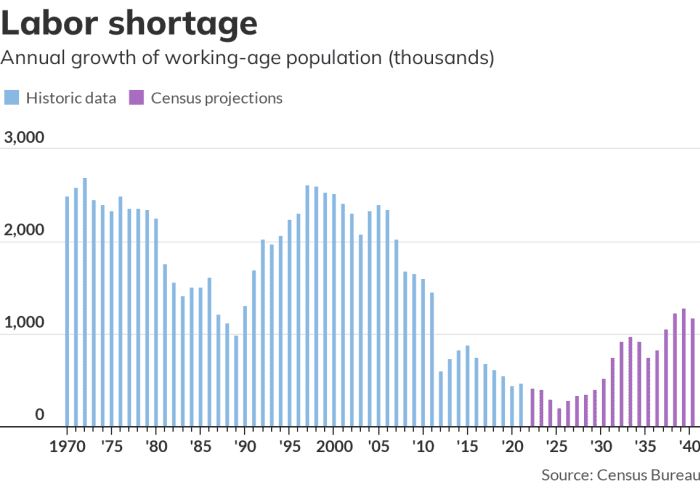Trudy Ring
Thu, July 7, 2022

Boris Johnson
Boris Johnson, who has resigned as leader of the United Kingdom’s Conservative Party and therefore will be replaced as prime minister, leaves a largely negative record on LGBTQ+ rights.
He has supported marriage equality but not embraced transgender rights, and written articles with homophobic and racist slurs that he claimed were satirical. And gay members of his government have accused him of creating an “atmosphere of hostility” toward LGBTQ+ people.
Johnson announced his departure Thursday in the wake of scandals over ethics violations throughout his administration and the resignations of about 60 members of his government. The last straw appeared to be accusations of sexual assault against Christopher Pincher, his deputy chief whip, tasked with assuring members of Parliament toe the party line.
Johnson was criticized for failing to take action right away against Pincher, who eventually resigned. Johnson also claimed he didn’t know about previous allegations of sexual misconduct by Pincher against other men, and that was “the final lie that brought down the pyramid of untruths that sustained Boris Johnson’s premiership,” Rosa Prince wrote in a commentary piece for CNN.
Johnson has been prime minister since 2019 and was previously mayor of London, a member of Parliament, and a journalist. When he took office as prime minister, succeeding Theresa May, concerns were raised about columns he’d written that contained homophobic and racist language.
In 1998, while working as a journalist, Johnson referred to gay men as “tank-topped bumboys” in a column for the Telegraph newspaper. The subject was the resignation of Peter Mandelson, who is gay, as foreign secretary in Prime Minister Tony Blair’s government. He also said Mandelson’s departure would remove the “lipstick” from Blair’s administration.
Then in 2000, Johnson wrote a column in the Spectator magazine denouncing the Labour Party’s “appalling agenda, encouraging the teaching of homosexuality in schools, and all the rest of it.” Additionally, he had written articles calling Black people “picanninies” with “watermelon smiles.”
He repeatedly refused to apologize for these comments, and in 2019 he told Sky News they were “wholly satirical.” “I think if you look at each of every one of those articles ... the quotations have been wrenched out of context in some cases to mean the opposite of what I intended,” he told the outlet.
However, Johnson did support the marriage equality law passed by the U.K. government in 2013, when fellow Conservative David Cameron was prime minister. Johnson likewise supported the repeal of Section 28, a law that prevented schools and local governments from “promoting the teaching of the acceptability of homosexuality as a pretended family relationship,” even though he had criticized Labour’s efforts to repeal it. And as mayor of London, he welcomed Pride events.
When he became prime minister, Johnson backtracked on a promise made by May to ban conversion therapy. After backlash, he quickly reversed his position but said the ban would cover only therapy aimed at changing sexual orientation, not gender identity. It has not been enacted yet. However, his government agreed to fund a private charity’s hotline providing support for survivors of conversion therapy or people at risk for undergoing it. “It will give tailored pastoral support to transgender people as well as those who are lesbian, gay or bisexual,” the BBC reported in May.
This week Mike Freer, a minister in the Equalities Office, resigned that post and lambasted Johnson. “I feel that we are moving away from the One Nation Conservative party I joined, not least in creating an atmosphere of hostility for LGBT+ people and I regret I can no longer defend policies I fundamentally disagree with,” Freer wrote in his resignation letter Wednesday, iNews reports.
Also Wednesday, Peter Gibson, a member of Parliament, denounced Johnson’s party in this statement: “On Saturday last week I marched with LGBT+ Conservatives at London Pride. As a gay MP, that should have been a liberating, enjoyable experience, instead due to the damage our party has inflicted on itself over the failure to include trans people in the ban on conversion therapy, it was a humiliating experience and signalled to me the immense damage that has been so needlessly inflicted after years of hard work by many to rebuild the damage of Section 28.”
Several members of the Conservative Party have been mentioned as likely successors to Johnson. LGBTQ+ activists are skeptical about some of them, such as Liz Truss, Dominic Raab, and Sajid Javid, Pink News reports. “A potential dark horse,” Penny Mordaunt, “has made a name for herself as one of the most progressive Tories when it comes to LGBTQ+ rights,” the site notes.
The timetable for choosing Johnson’s replacement will be announced Monday.









